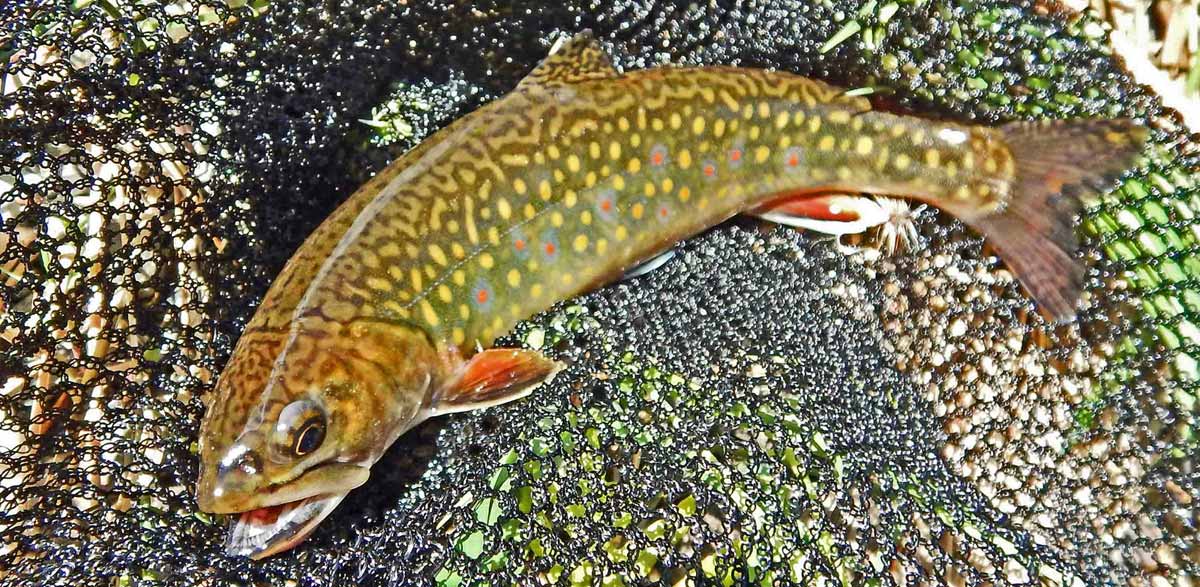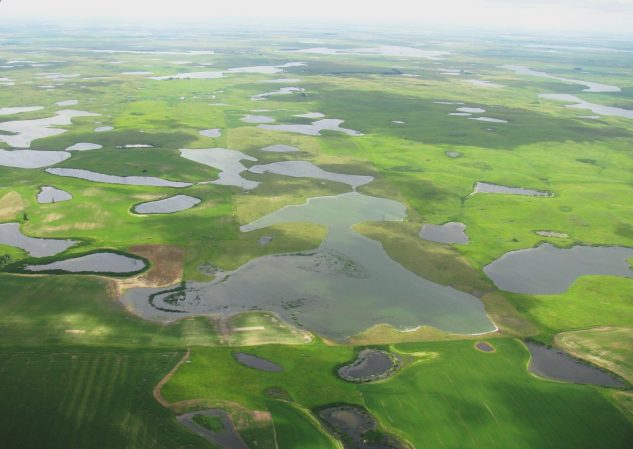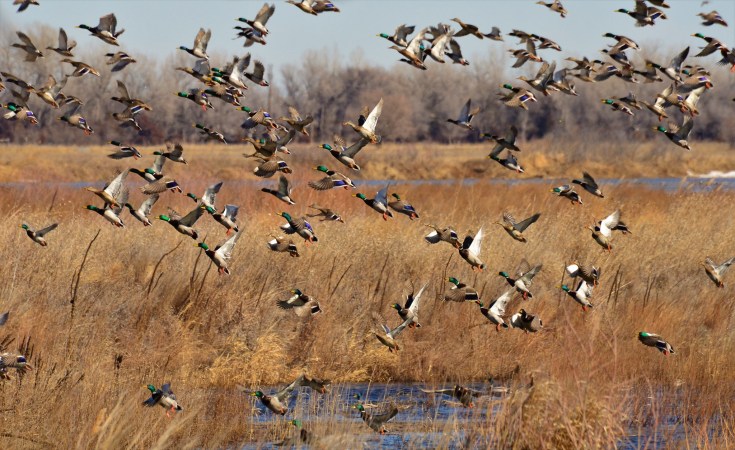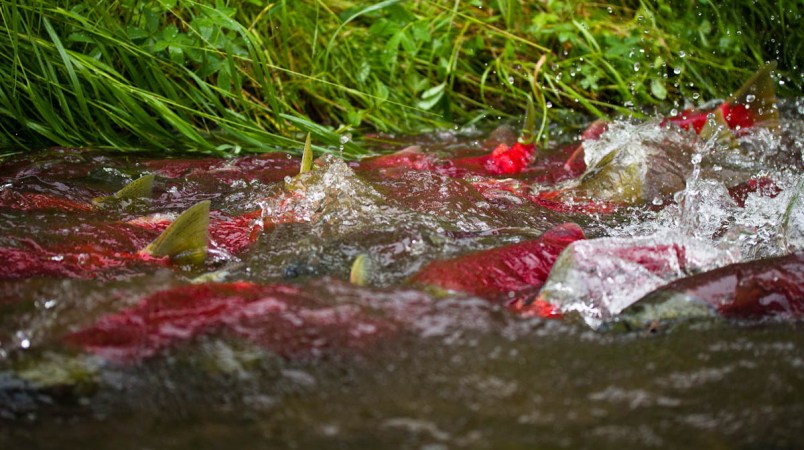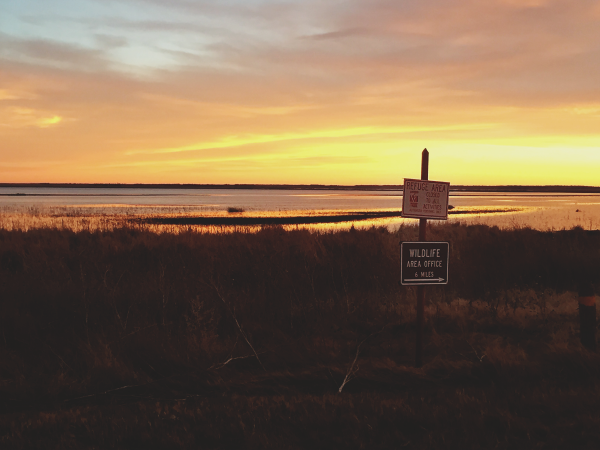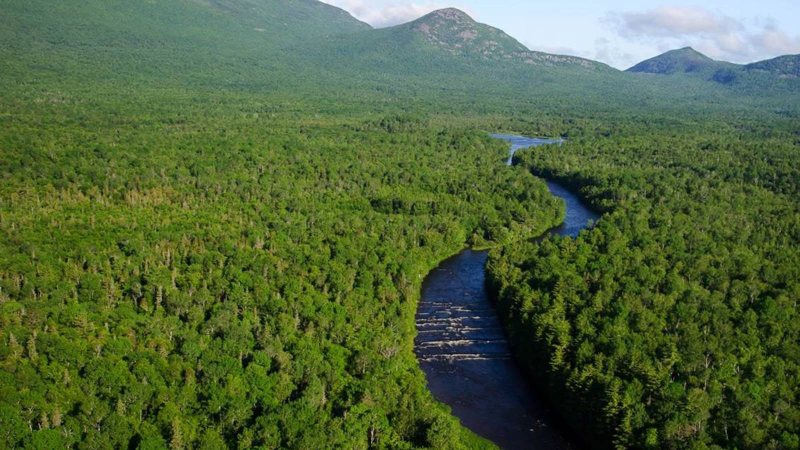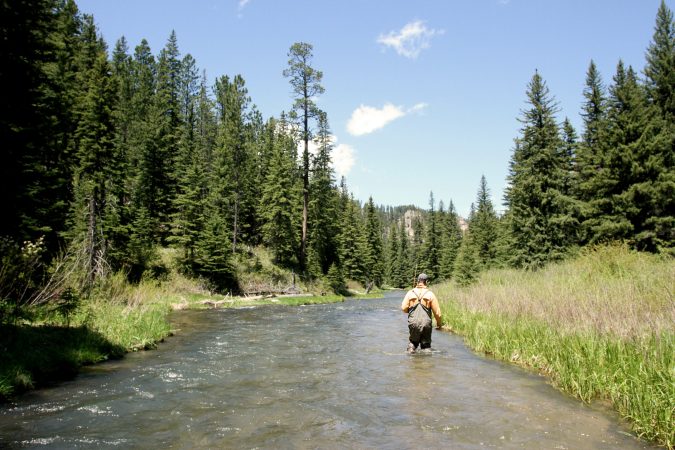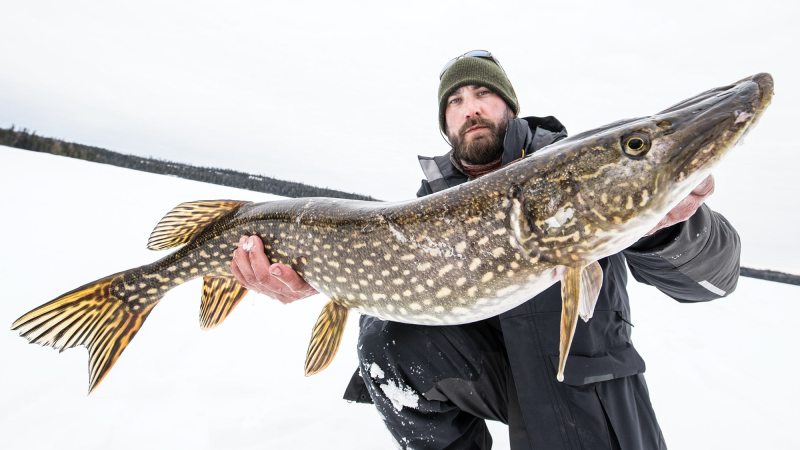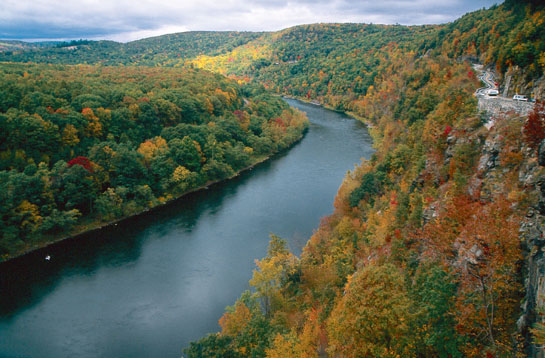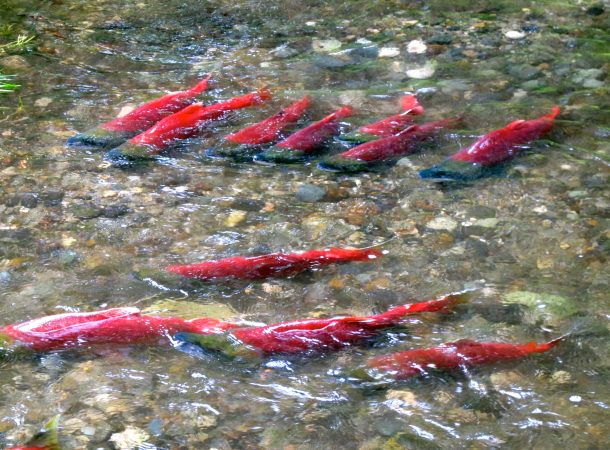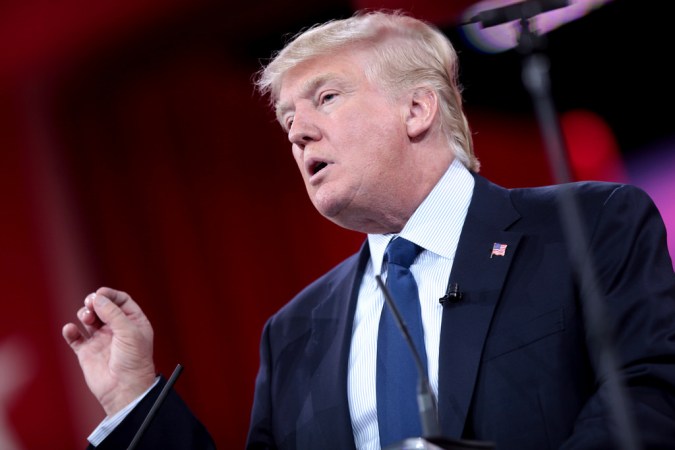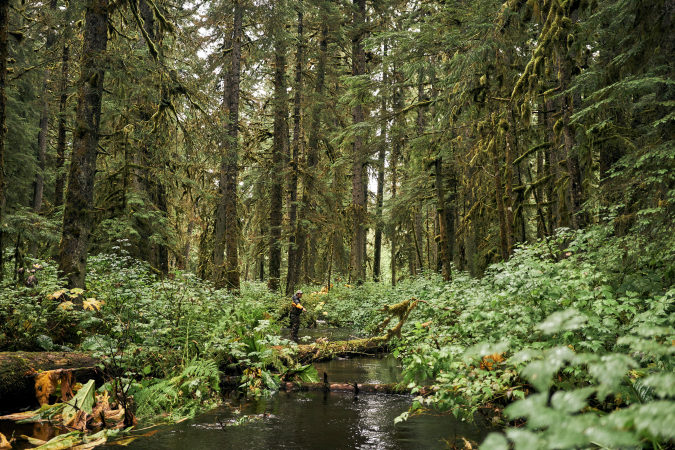Take the water out of a freestone trout stream and you’ll be casting to a bunch of rocks.
Drain the wetlands of America’s prairie pothole “duck factory” and you’ve got empty skies come hunting season.
That’s why groups like Trout Unlimited are worried about a move in Washington D.C. that would gut the Clean Water Act’s ability to conserve headwaters and seasonal wetlands.
Look, no one likes rules and regulations. But the flip side is that those rules are often put in place to protect public values we care deeply about. Clean water, for example. Science has proven that clean water is good for ducks, trout, brewing beer and washing the mud off your truck.
Congress passed the Clean Water Act in 1972. Since then, the agriculture industry, developers, sportsmen and conservationists have wrangled about the details.
In 2001 and 2006, legal decisions created confusion about where the CWA applied and where it did not. Particularly, the question was: how does it apply to wetlands and small headwater streams?
According to Chris Wood, director of Trout Unlimited, both logic and law would protect those smaller waterways, since they feed the larger waterways downstream. “Gravity works cheap and never takes a day off,” Wood said. “To be effective, the Clean Water Act must be able to control pollution at its source.”
The Environmental Protection Agency and the Corps of Engineers agreed with that philosophy and spent years drafting Clean Water Rules to detail how they would conserve these smaller water bodies. These were finalized in 2015, after long hearings and rounds of public debate.
Critics say the rules put an undue burden on developers. The Farm Bureau, for example, argued it was unfair and overly cumbersome to require farmers to apply for permits before using fertilizer near streams on their property.
Critics of the Clean Water Rule have found a receptive audience in President Trump. Trump signed an executive order, taking aim at the Clean Water Rule. That order will not take immediate effect, as undoing a federal regulation takes just as much process as creating the regulation in the first place. But the order is a powerful signal to the EPA and its new director, Scott Pruitt.
Observers believe that no matter what moves the Trump Administration takes to overhaul the Clean Water Rules, the results will be challenged legally and could end up before the Supreme Court.
“The Trump Administration can change direction on this rule, but it cannot change the fact that clean water is not a political issue,” said TU’s Wood. “It is a basic right of every American.”
